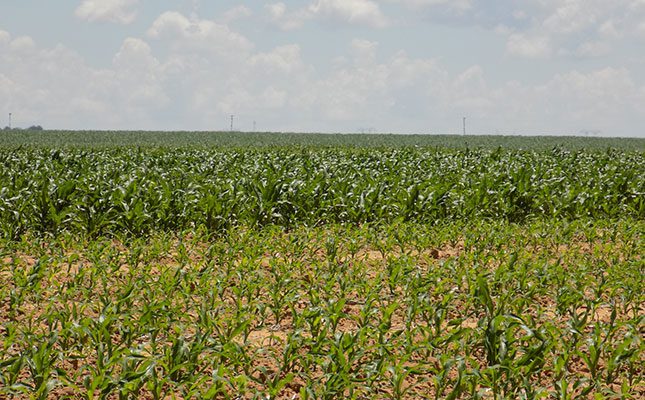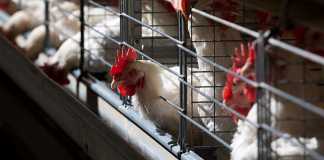
“In addition, municipalities in the province own 203 plots of vacant land that amount to 245 379ha, which means a total of 677 417ha of potentially productive land is lying dormant.”
READ Unlocking value for smallholder raisin producers
The Free State was but a case study of what was happening in the rest of the country, he said. It could be safely assumed that this trend of failure was continuing in all of the other provinces, except in the Western Cape.
Jankielsohn told Farmer’s Weekly that it seemed as if government was oblivious to the threat it posed to food security in the country. Expropriation remained a smokescreen for the state’s failure over 30 years to transform the commercial agricultural landscape, he said.
“Besides share equity schemes, the allocation of title deeds to beneficiaries of land reform to create generational wealth and give beneficiaries access to surety for production loans through title deeds is vitally important,” he said.
Meanwhile, Wandile Sihlobo, chief economist at Agbiz, said in an article written for Business Day that the gains South Africa had seen in agricultural production over the past 20 years had not been equitably distributed across the agriculture sector.
Progress in the sector had been mainly driven by commercial agriculture, sometimes, as Sihlobo put it, “at the expense of a distinct but heterogeneous cohort of farmers”.
In his book, A Country of Two Agricultures, Sihlobo argues that divisions remained in the agriculture sector.
According to Jankielsohn, the High Panel Report under the guidance of former president Kgalema Motlanthe had identified corruption, the channelling of resources to elites, and a lack of support to land reform beneficiaries as the main reasons for the failure of various land reform programmes.
The report said land reform needed to be measured by the contribution of beneficiaries to food security.














